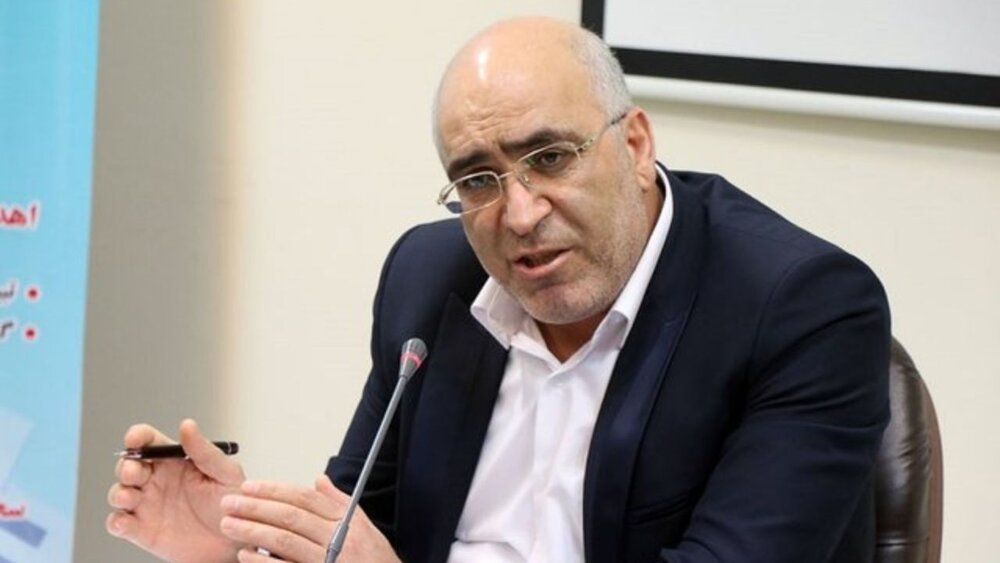‘Transparency necessary for stock market’s companies receiving tax incentives’

TEHRAN- Head of the Iranian National Tax Administration (INTA) Omid-Ali Parsa said that the tax incentives, which are due to be offered to the companies newly accepted to the stock market, are for those firms which have transparent performance and financial statements.
In late June, Leader of the Islamic Revolution Seyed Ali Khamenei agreed to the said program which was offered by the government to encourage companies to join the capital market. Later President Hassan Rouhani urged the Economy Ministry to take the necessary measures following the leader’s decision.
And, on Saturday, Omid-Ali Parsa instructed the INTA’s subsidiary offices to implement the program for offering special tax exemptions and incentives to the companies that are accepted to the stock market in the current Iranian calendar year (started on March 20).
As reported, although many private companies are eager to enter the capital market; because of some rumors or misconceptions, some of them are worried that if they enter the stock market their tax records of previous years would be scrutinized.
To address the concerns of the mentioned companies, the government has prohibited INTA from investigating the records prior to the previous Iranian calendar year 1398 (ended on March 19) for the newly accepted.
Although, as INTA head urged on Tuesday, transparency is a prerequisite for allocating tax exemptions to those companies.
Parsa said, “If the performance and financial statements of the companies lack required transparency, they will not be exempted from the investigation of their tax records prior to the previous Iranian year.”
Although the Iranian stock market is a newly developed market and people have only recently gotten acquainted with its activities, this market has been booming in recent years.
In the past Iranian year 1398, the performance of the Tehran Stock Exchange (TSE), which is the main stock market of Iran, was unprecedented, as its main index, TEDPIX, which had closed at 178,000 points at the end of the calendar year 1397, climbed to 512,000 points at the end of last year.
The recent developments of this market have encouraged the government to focus more on this sector as a potential source of capital for offsetting oil revenue shortages.
Many domestic companies have already offered their shares in the market, while much more are getting ready to join.
MA/MA
